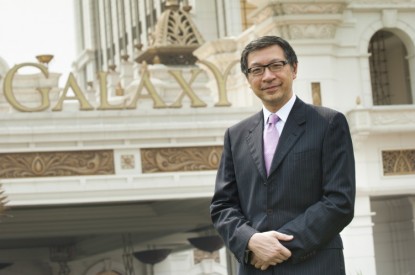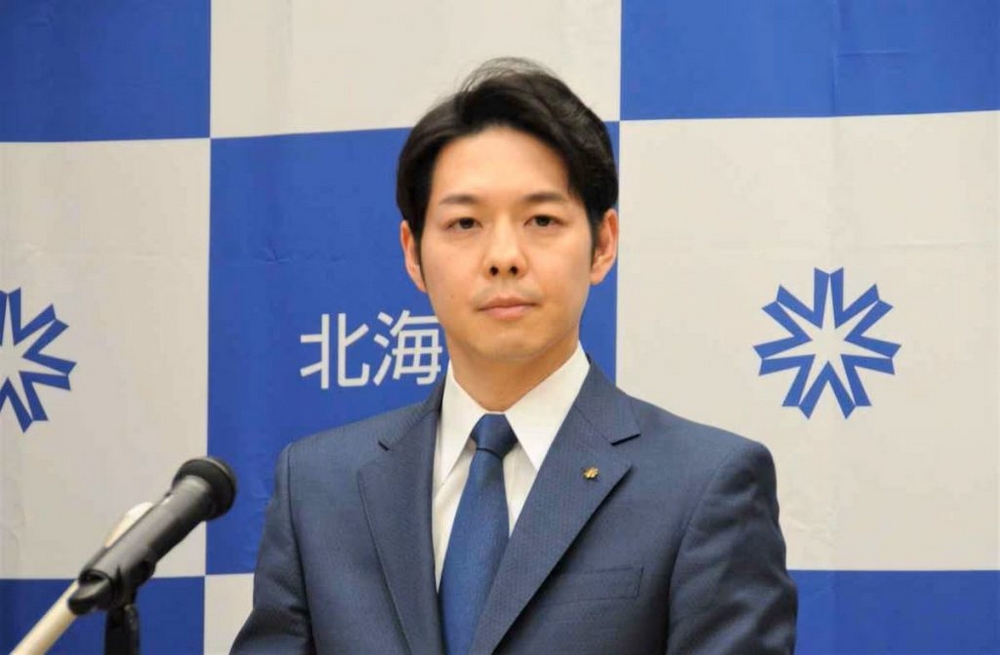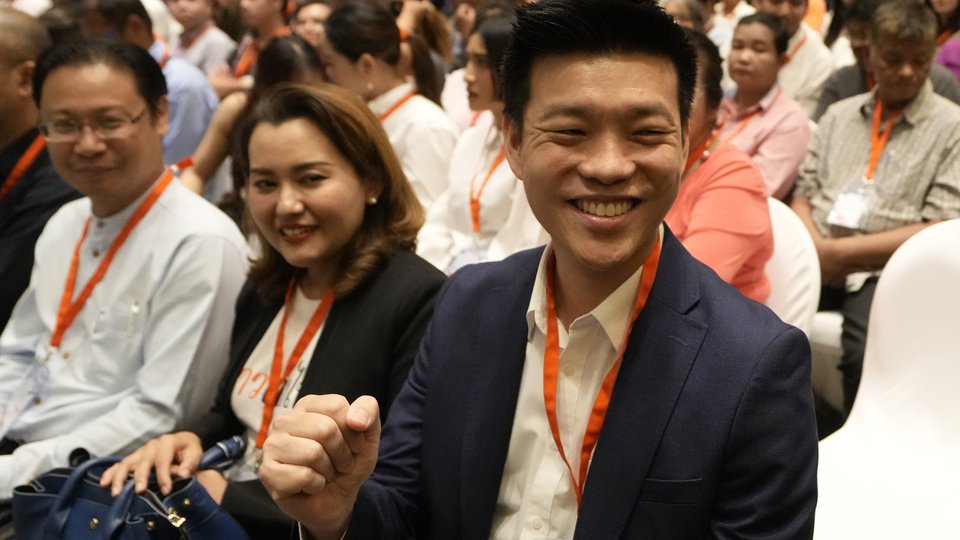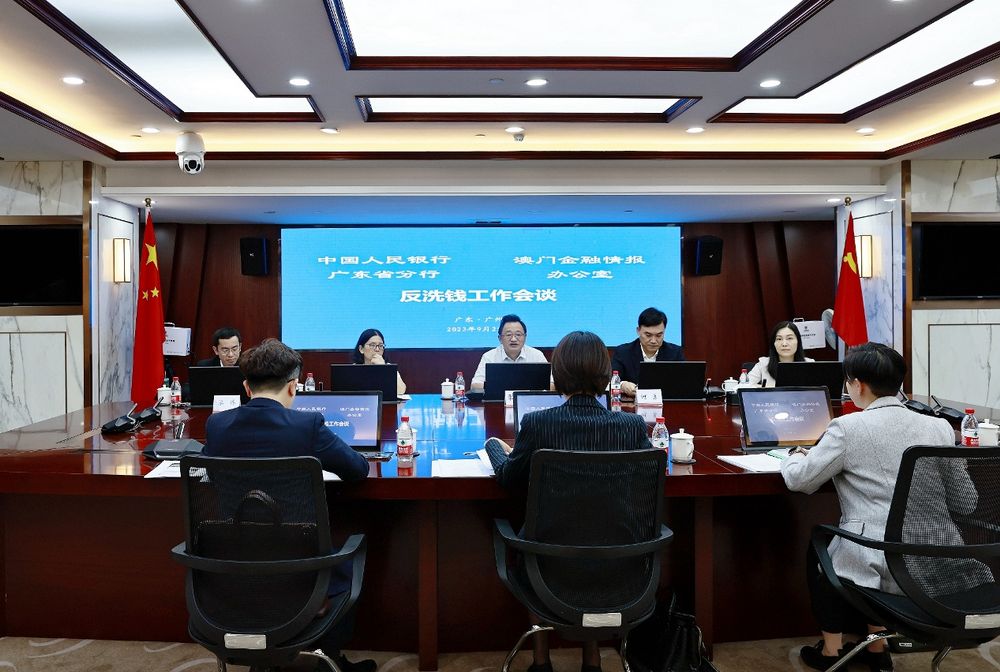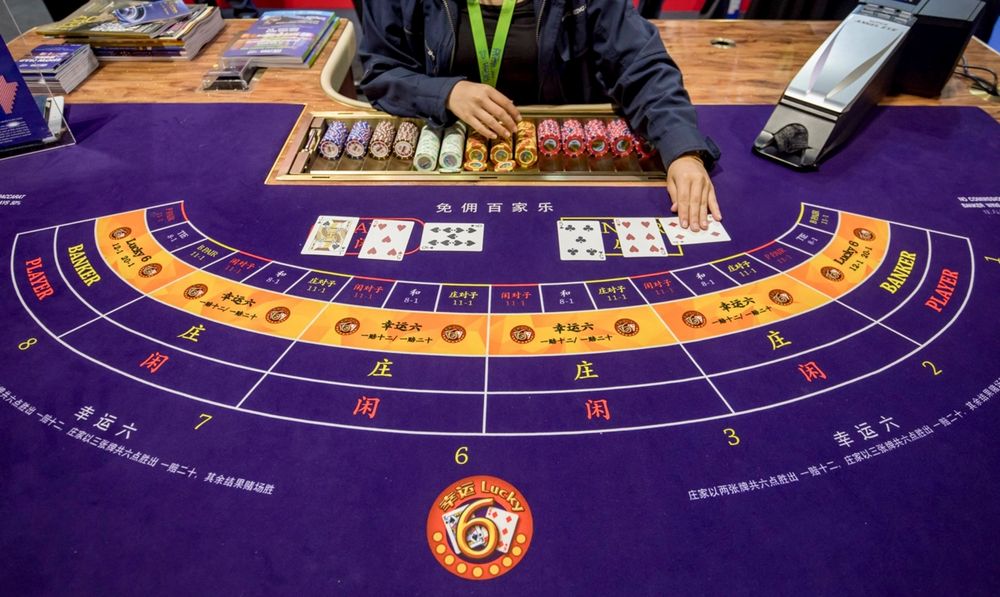On the eve of South Korea’s high-stakes presidential election, a gambling scandal involving Kim Moon-soo’s son shook the conservative campaign... —and may have helped tip the scales in favor of liberal frontrunner Lee Jae-myung.
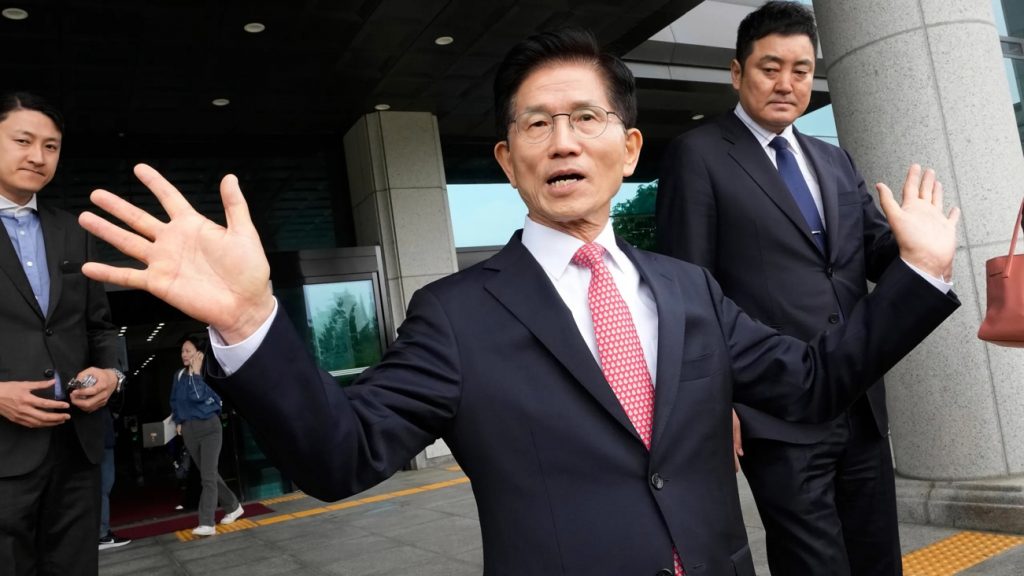
The 2025 election, held after the impeachment of former president Yoon Suk-yeol, was already fraught with distrust and institutional fatigue. But when local media reported that Kim’s son had engaged in unauthorized overseas betting while residing in the U.S., the timing proved politically toxic. Though Kim denied knowledge of the activity, the damage was done.

For voters, the incident became emblematic of a deeper issue: a political class seen as unaccountable and self-serving. Lee Jae-myung, a progressive firebrand and former Gyeonggi governor, quickly seized on the moment, framing himself as the only candidate capable of “cleansing the system” and restoring integrity to public life.
With over 78% voter turnout—the highest since 1997—Lee secured more than 48% of the vote, defeating Kim’s conservative platform, which struggled to shake off associations with the disgraced former administration.
South Korea bets big on Chinese tourists with visa-free entry—casinos set to win big in 2025
Political analysts argue the scandal acted as a powerful emotional trigger for undecided voters, particularly youth and independents.
While policy debates mattered, many cast their ballot based on principle: rejecting what they saw as yet another privileged family dodging accountability. As Lee prepares to take office immediately under Korean law, the gambling controversy may be remembered less for its legal ramifications and more as the final crack in a fragile conservative alliance—one that gambled on immunity and lost at the polls.













